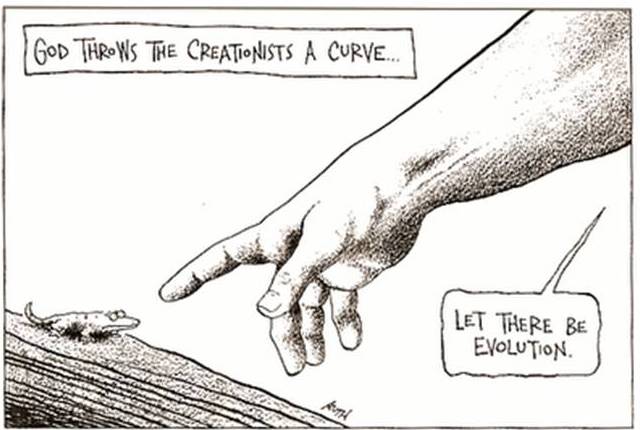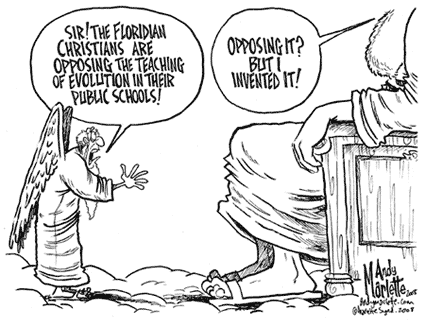....Bacon & eggs, with pancakes & maple syrup. (Aka, "the gang of four.)
Occasionally posters express surprise that an atheist (moi) would be a capitalist.
They associate capitalism with Christianity. This strikes me as most odd,
because there's no obvious connection between them, yet the perception persists.
This raises a question....
What control relationships are there between various religious, economic & physical systems?
Systemic differences between capitalism & religions with The Truth delivered from on high,
eg, Christianity, Islam, are striking. Such faiths are centrally directed to a great degree.
God alone determines morality, & extensively regulates conduct. Islam regulates economic
conduct even more that Christianity. Thus the individual system elements (humans) behave
according to rigid scriptural dictates.
But capitalism is stochastic, since individuals each pursue their own economic self interest,
which can greatly vary from person to person. Thus the resulting capitalistic economy is
an emergent property of a system with random inputs from individuals & conditions.
(Note that government will set regulatory limits, within which this system evolves.)
Contrast capitalism with the another popularly advocated economic system, socialism.
It allows far less random input from the individuals, & far more from central planning.
The individual cannot act as independently, eg, start a company, hire workers, & engage
in commerce with others. Socialism resembles Christianity in being more rigidly organized,
with "top down" system controls.
(Parenthetical aside: Would this simple highly controlled system would enjoy greater
system stability than stochastic (chaotic) capitalism? An interesting discussion for later.)
Biological evolution resembles capitalism in that each player (eg, microbe, insect, dinosaur,
grizzly bear, human) desires to survive & reproduce. (Random system inputs are genetic
utation & environment.) Evolution of species is the emergent property of this system.
But Christian creationism is a polar opposite kind of system because God specifies all
change down to the smallest detail.
By now, the thoughtful reader (one patient in the face of a wall of text) sees where this
will lead regarding free speech, as opposed to speech tightly regulated by authorities.
So I'll spare you elaboration.
Atheism, capitalism, evolution, & free speech...they all appeal to me for the sheer beauty
of how systems unfold from initial conditions to emergent properties both simple & complex.
However, I do anticipate some disagreement.



